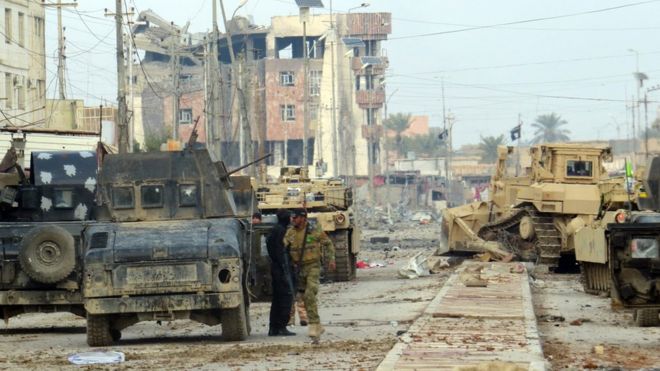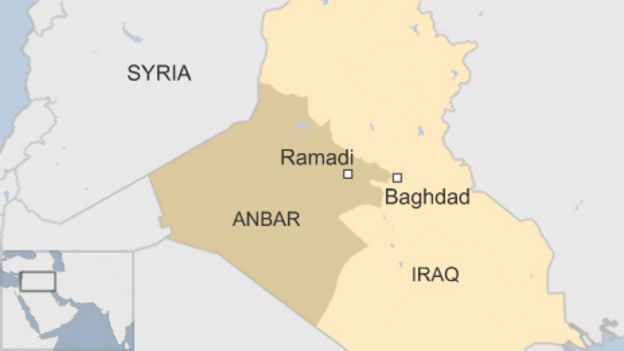For additional reference on Iran’s compliance and sanction money, the International Monetary Fund releases are here.
TEHRAN (FNA)- The destruction power and precision of Iran’s missiles will increase, Defense Minister Brigadier General Hossein Dehqan said Saturday following the recent presidential decree that required the defense ministry to speed up development of Iran’s missile capability.
“Following o the president’s letter, we held numerous meetings with the executive officials, commanders and officials in the missile sector and decided work out appropriate plans as soon as possible to enhance the defensive power and capability as well as the effective deterrence power of our missiles contrary to the will of the hegemonic system which seeks to restrict the Islamic Republic militarily,” Dehqan told reporters in Tehran on Saturday.
He also underscored the country’s serious intention to further develop its missile power.
Stressing that the defense ministry seeks to optimize its ballistic missiles in different aspect, Dehqan said, “Increasing the precision-striking, destructive and blast power of our missiles… are among the defense ministry’s plans in the missile field.”
In his letter on Thursday, President Rouhani noted the United States’
“hostile policies and illegal and illegitimate meddling against Iran’s right to develop its defensive power”, and ordered the defense minister to accelerate production of various types of missiles needed by the Iranian Armed Forces more powerfully.
“As the United States seems to plan to include the names of new individuals and firms in its previous list of cruel sanctions in line with its hostile policies and illegitimate and illegal meddling in the Islamic Republic of Iran’s right to reinvigorate its defense power, the program for the production of the Armed Forces’ needed missiles is required to continue more speedily and seriously,” President Rouhani’s written order to the Defense Minister read.
President Rouhani’s decree came in reaction to the US Treasury Department’s announcement that it is preparing sanctions on two Iran-linked networks helping develop the missile program.
The presidential decree also required the defense ministry to think of new missile production programs at a much wider scale in case Washington continues its sanctions policy against Iran’s defense industries.
“In case such wrong and interventionist measures are repeated by the United States, the Defense Ministry will be duty-bound to make use of all possibilities to bring up new planning to develop the country’s missile capability,” it stressed.
The president further described Iran’s defense capabilities as a contributor to regional stability and security, and not a threat to any other state or party. Rather it is a means to “safeguard the country’s sovereignty, independence and territorial integrity and to combat the evil phenomenon of terrorism and extremism in line with common regional and global interests”.
President Rouhani further reminded that Tehran has time and again underlined all throughout the nuclear negotiations with the six world powers – that ended up in the nuclear deal in Vienna in July – that it would “never negotiate with anyone about its defense power, including the missile program, and would never accept any restriction in this field, emphasizing its entitlement to the legitimate right of defense”.
“It is crystal-clear that Iran’s missile program is not at all a part of the Joint Comprehensive Plan of Action (JCPOA) – also known as the nuclear deal – and this is acknowledged by the US officials as well,” said the decree, and added, “As repeatedly stated, nuclear weapons have no room in Iran’s defense doctrine, and therefore, the development and production of Iran’s ballistic missiles which have never been designed to carry nuclear warheads, will continue powerfully and firmly as a crucial and conventional tool for defending the country.”
According to Washington officials, the US is preparing sanctions against firms and individuals in Iran, Hong Kong and the United Arab Emirates over alleged links to Iran’s ballistic missile program, a move seen by many in and outside Iran as a major blow to the nuclear deal between Tehran and the
5+1 group of powers that include the US, Russia, China, France and 5+Britain plus Germany.
Under the planned restrictions, the US or foreign nationals would be barred from doing business with the firms and people in the networks. US banks would also freeze any US-held assets.
The Washington’s antagonistic move comes after Iran took the first two major steps under the nuclear deal – that included reducing the number of its operating centrifuge machines from around 10,000 to 6,000 and sending its over 8.5 tons of low-enriched uranium stockpile to Russia.
Once Iran takes out the heart of its Heavy Water Reactor in Arak and the International Atomic Energy Agency (IAEA) confirms implementation of these three steps in coming weeks, Iran will be through with fulfilling its undertakings, and it will be the United States’ turn to hold up its end of the bargain and remove all the sanctions against Iran, according to the deal.
But now with the US intensifying sanctions against Iran, those who stood against the deal in Tehran are rallying increasing support for their pessimistic views about Washington’s loyalty to the deal.
After Iran reduced its centrifuges to around 6,000 last month, the US imposed a new sanction against Iran through changes in its Visa Waiver Program.
The US senate passed a bill related to the Visa Waiver Program (VWP) which allows citizens of 38 countries — namely European states, Australia, Japan and South Korea — to travel to the United States without having to obtain a visa but excludes from this program all dual nationals from Iran, Iraq, Syria and Sudan, and anyone else who has traveled to those countries in the past five years.
The bill is seen by the EU as a serious effort to deter expansion of economic and tourism ties between Europe and Iran after the removal of the sanctions against Tehran. Senior EU officials have voiced strong protest at the US for its biased action against the block and are running debates with counterparts in Washington to drop the bill.




